How can civilians be subjected to trial under armed forces discipline? asks SC judge
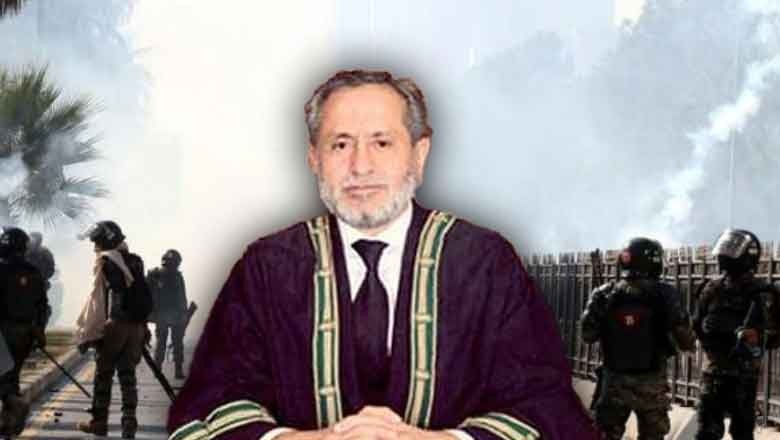
Web Desk
|
12 Dec 2024
Supreme Court Judge Justice Jamal Khan Mandokhail raised a critical question during the hearing of intra-court appeals against military court decisions, asking how civilians not affiliated with the Armed Forces could face trial under military discipline.
The Constitutional Bench of the Supreme Court, led by Justice Aminuddin, continued proceedings on appeals challenging the verdicts of military courts.
Federal government lawyer Khawaja Haris argued that the earlier Supreme Court judgment on military courts consisted of two parts: one nullifying certain provisions of the Army Act and the other addressing the custody of accused individuals tried by military courts.
Justice Mandokhail highlighted that the case fundamentally revolves around Article 8 of the Constitution.
He asked, “How can a person who is not part of the Armed Forces be subjected to its discipline? Wouldn’t this amount to a violation of Article 8?”
In response, Khawaja Haris stated, "If the law allows it, then discipline can be applied."
Justice Mandokhail, however, countered by drawing an analogy: “If someone belongs to the agriculture department, they would be subject to its discipline. If a person isn’t part of any department, how can the discipline of the Armed Forces be imposed on them?”
Haris further argued that under certain conditions, the Army Act applies to civilians and that the court lacks the authority to invalidate its provisions.
Justice Mandokhail then questioned whether simply thinking of inciting unrest could make a civilian liable under the Army Act. He also inquired whether the Army Act had effectively rendered Section 1 of Article 8 of the Constitution redundant.
Khawaja Haris defended the applicability of the Army Act, stating that Article 10A of the Constitution, which ensures the right to a fair trial, is also adhered to in military courts.
Justice Mandokhail pointed out a disparity in trial jurisdictions, stating: “If there is an attack on the President’s House, the accused is tried in an Anti-Terrorism Court, but if the same happens to army property, the case is tried in a military court. Is this justifiable?”
In response, Haris explained that this distinction was made through legislative decisions.
Justice Musarrat Hilali raised concerns regarding the procedures of military courts. She asked whether detained individuals were provided copies of FIRs and access to legal representation, to which Haris affirmed that military courts offer both lawyers and relevant case material to the accused.
The bench also debated jurisdictional issues in cases involving military personnel. Justice Mandokhail asked where a case would proceed if a soldier murdered their officer. Haris clarified that such a case would go to a general court.
The hearing was adjourned until tomorrow by the Constitutional Bench.
On October 23, 2023, the Supreme Court’s five-member bench declared the trial of civilians in military courts null and void.
However, in December, the decision was suspended with a 5-1 majority, Justice Musarrat Hilali dissenting.
The suspension drew sharp criticism from the Pakistan Tehreek-e-Insaf (PTI), which argued that it undermined justice for over 100 PTI workers facing military court trials in connection with the May 9 incidents.



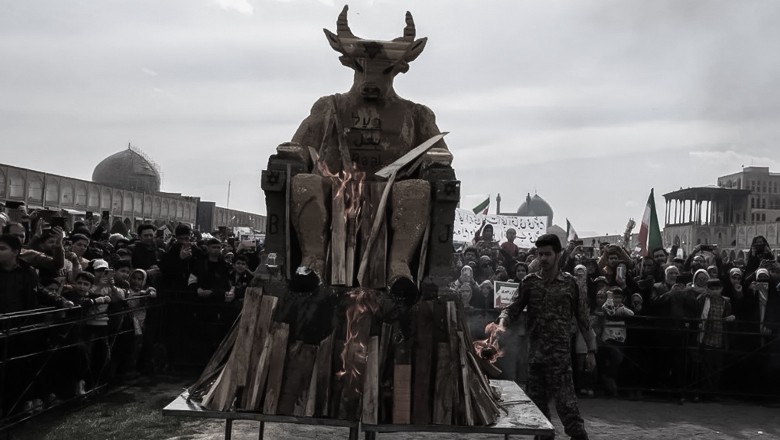


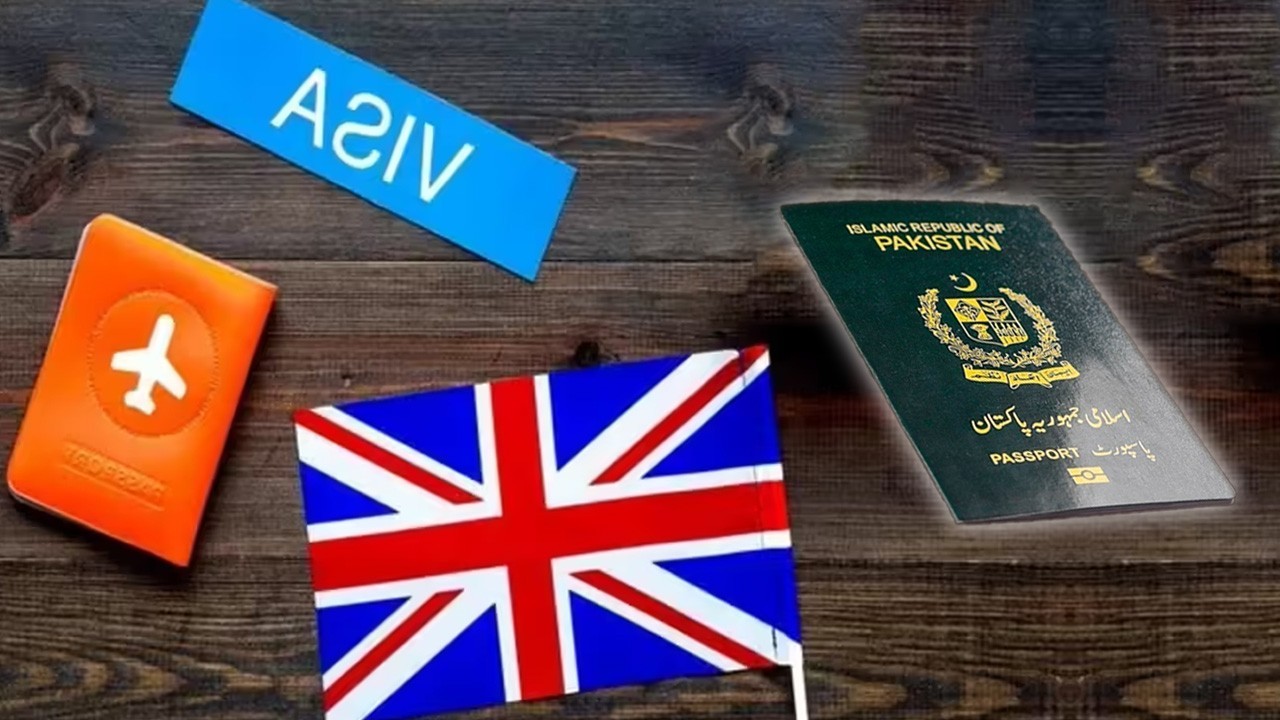
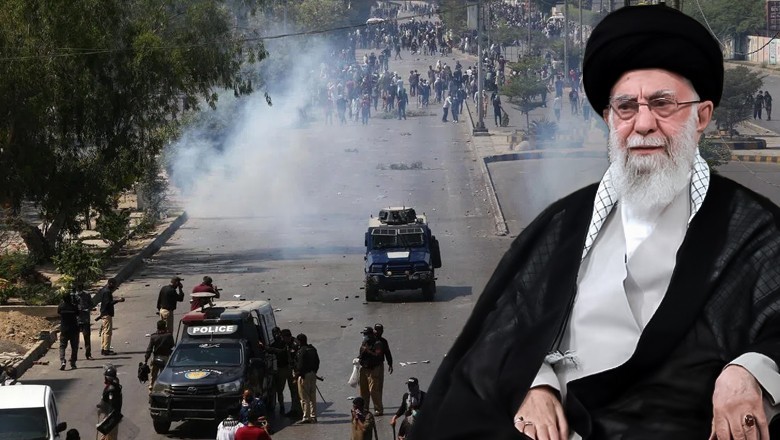
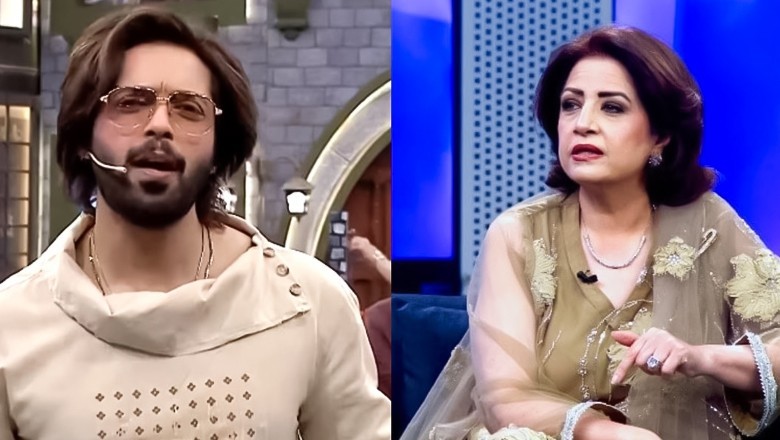

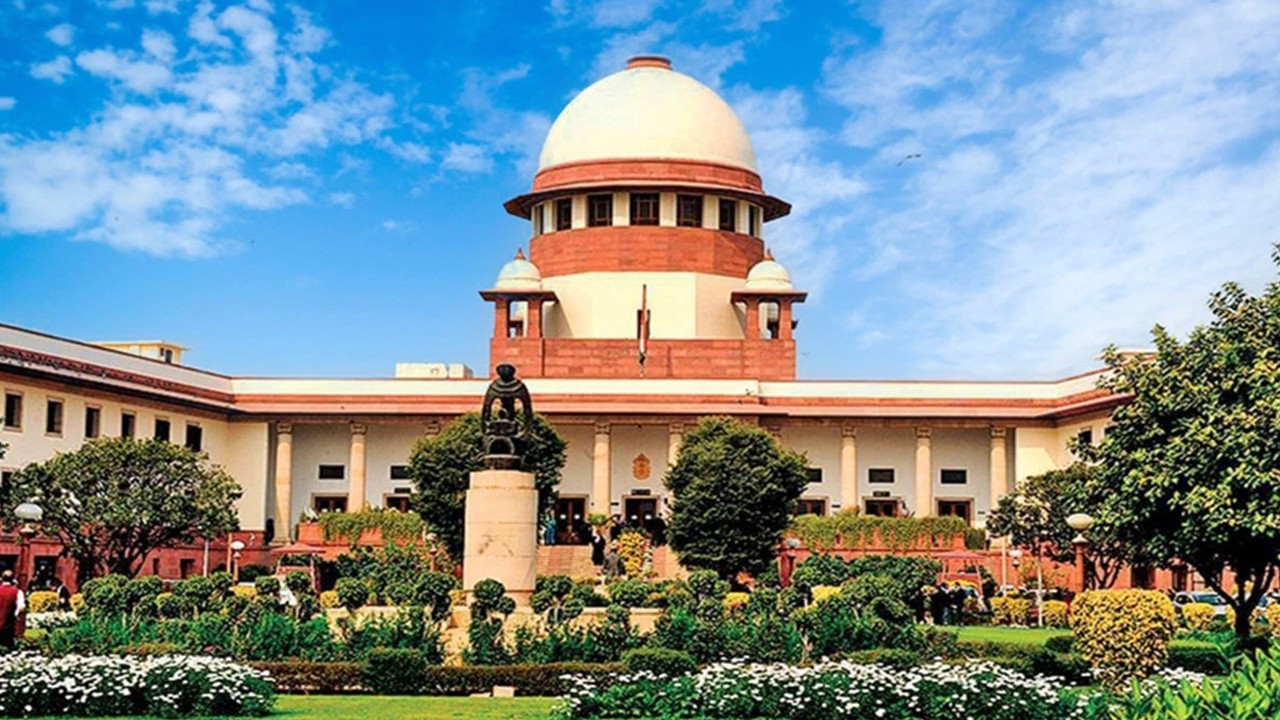
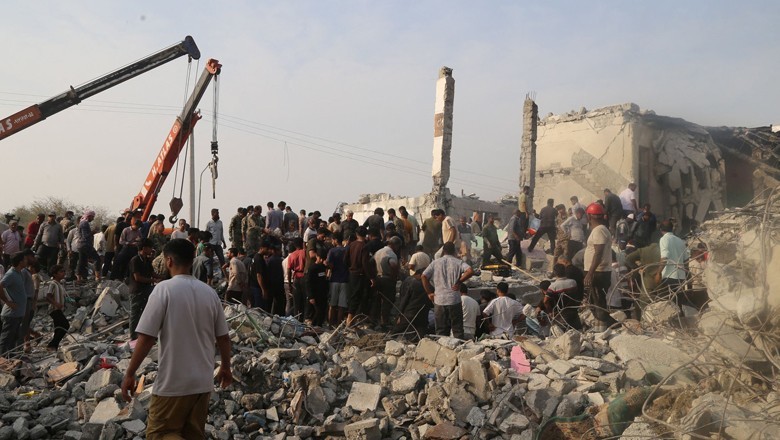
Comments
0 comment